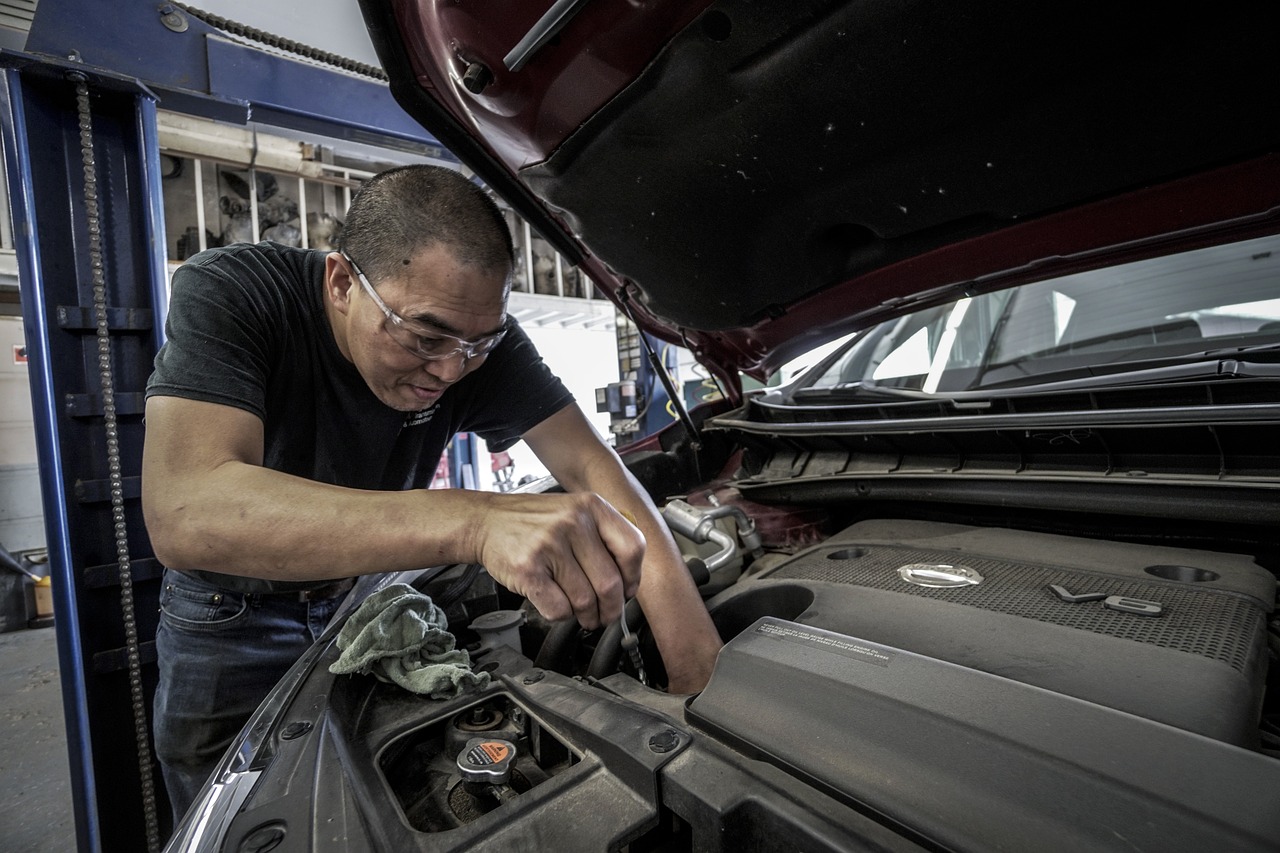Lost Your Car Keys? Here’s How an Automotive Locksmith Can Help

Losing your car keys can be a frustrating and stressful experience. Whether they’ve gone missing in your home, fallen out of your pocket, or been left in the ignition, the inconvenience can throw a wrench into your day. Fortunately, San Marcos TX locksmith is your best ally in these situations. These skilled professionals offer a range of services to help you regain access to your vehicle quickly and efficiently. Here’s how an automotive locksmith can assist you when you find yourself locked out or without your keys.
Emergency Lockout Services
One of the primary services offered by automotive locksmiths is emergency lockout assistance. If you’ve accidentally locked your keys inside your car or can’t find them, a locksmith can come to your location and unlock the door for you. With the right tools and techniques, they can open your vehicle without causing any damage, allowing you to regain access in no time. Many locksmiths offer 24/7 services, ensuring that help is available whenever you need it.
Key Replacement Services
If you’ve lost your car keys completely and don’t have a spare, an automotive locksmith can create a new key for you. Depending on your vehicle’s make and model, they can provide different types of key replacements:
- Traditional Keys: For older vehicles that use standard metal keys, a locksmith can easily cut a new one using your vehicle’s lock code.
- Transponder Keys: Many modern vehicles come equipped with transponder keys that contain a chip that communicates with the car’s ignition system. An automotive locksmith can program a new transponder key to ensure it works seamlessly with your vehicle.
- Smart Keys: These advanced keys allow for keyless entry and ignition. If you’ve lost a smart key, a locksmith has the necessary tools and knowledge to provide a replacement and program it for your vehicle.
Ignition Repair and Replacement
In some cases, lost keys may be the least of your worries if your ignition is malfunctioning. If you find that your key won’t turn in the ignition or you experience difficulty starting your vehicle, an automotive locksmith can diagnose the issue. They have the skills to repair or replace your ignition cylinder if necessary, ensuring that your vehicle is operational again.
Mobile Services for Convenience

One of the significant advantages of working with an automotive locksmith is their mobile service. Instead of having to tow your vehicle to a dealership or locksmith shop, a mobile locksmith can come directly to your location whether you’re at home, at work, or stranded on the side of the road. This convenience saves you time and minimizes the stress of your situation.
Affordability Compared to Dealerships
While it may be tempting to go to a dealership for key replacement or lock services, automotive locksmiths often provide a more affordable solution. Dealerships can charge significantly more for similar services, especially for key programming. By choosing an automotive locksmith, you can often save money while still receiving quality service.
Expertise and Knowledge
Automotive locksmiths are trained professionals with extensive knowledge of various vehicle makes and models. They stay updated on the latest locking technologies and key systems, which means they can handle almost any situation you encounter. This expertise ensures that you receive reliable service tailored to your specific vehicle needs.
Prevention Tips for the Future
After resolving your key issues, it’s a good idea to take steps to prevent future lockouts. Consider these tips:
- Create a Spare Key: Having a spare key made and keeping it in a safe place can save you a lot of hassle in the future. You can keep it with a trusted friend or family member or invest in a secure key holder that can be hidden in your vehicle.
- Use Key Tracking Devices: Consider investing in a Bluetooth key tracker. These devices can help you locate your keys quickly using a smartphone app.
- Routine Check-Ups: Regularly check your keys and locks for wear and tear to ensure everything is functioning correctly.
Losing your car keys can be an unsettling experience, but knowing that an automotive locksmith is available to help can bring you peace of mind. From emergency lockout services to key replacements and ignition repairs, these skilled professionals are equipped to assist you in a variety of situations. Next time you find yourself in a bind, remember that help is just a call away, ensuring you’re back on the road as quickly as possible.…









 Regular car maintenance is not just a recommendation; it’s a critical aspect of responsible car ownership. Regular maintenance offers many benefits, from safety to prolonging your vehicle’s lifespan. Whether oil changes, tire rotations, brake inspections, or overall system checks, each task contributes to your car’s overall health. By investing time and effort into regular maintenance, you’re ensuring your safety and comfort and safeguarding your car’s longevity and performance for years.…
Regular car maintenance is not just a recommendation; it’s a critical aspect of responsible car ownership. Regular maintenance offers many benefits, from safety to prolonging your vehicle’s lifespan. Whether oil changes, tire rotations, brake inspections, or overall system checks, each task contributes to your car’s overall health. By investing time and effort into regular maintenance, you’re ensuring your safety and comfort and safeguarding your car’s longevity and performance for years.…
 Before embarking on a long trip, checking your car’s fluid levels is crucial. This includes engine oil, transmission fluid, brake fluid, power steering fluid, and coolant. Each of these fluids plays a vital role in keeping your car running smoothly. Check the engine oil level using the dipstick provided under the hood. Make sure that the oil level is between the minimum and maximum marks. If it’s low, add more as needed, but don’t overfill.
Before embarking on a long trip, checking your car’s fluid levels is crucial. This includes engine oil, transmission fluid, brake fluid, power steering fluid, and coolant. Each of these fluids plays a vital role in keeping your car running smoothly. Check the engine oil level using the dipstick provided under the hood. Make sure that the oil level is between the minimum and maximum marks. If it’s low, add more as needed, but don’t overfill.


